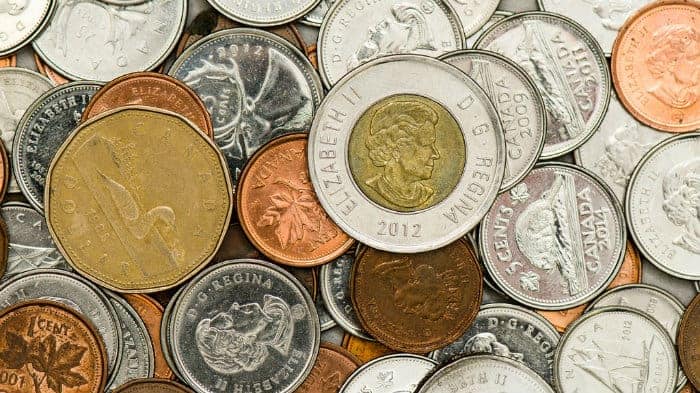Imagine that you’re a stock market analyst. You’re given the task of evaluating a little-known oil and gas company. You note that it has a very high dividend yield of 6.74%.
“Interesting,” you say to yourself, “but it seems too good to be true … maybe I should look into this a little more deeply.”
So, you continue your research. You notice that the stock has a P/E ratio of around 17.8 — a pretty solid number by today’s standards. The company’s revenue also seems to be growing at a pretty solid 11.6% year over year. Net income is growing too, but not as quickly, which implies that the company’s costs are mounting (possibly because of its $3.5 billion petrochemical project). But still — pretty solid growth all around.
So, you press on and start investigating the company’s financial performance. You notice a profit margin of 22.74%, an operating margin of 38.47%, and a return on equity of 15.48%. Again, pretty solid figures. And yet, the stock’s price has been virtually flat for five years.
A question starts to percolate in your mind:
“Why is this stock’s price so persistently low, despite the high dividend yield and solid metrics?”
The curious case of Inter Pipeline (TSX:IPL)
Inter Pipeline is a rare dividend stock with a yield in excess of 6%. In a market where 4% yields are considered high, figures like this sometimes arouse more suspicion than enthusiasm. Is the yield simply high because of a declining stock price? Is management upping the dividend to distract from poor fundamentals? Is the high dividend about to be cut?
A sideways stock
It does look like Inter Pipeline’s high dividend yield is partially due to a depressed stock price. The stock has been virtually flat for five years, while the TSX has risen in the same period. This means that — apart from the above-average yield — the stock has been underperforming relative to the market.
A rising dividend
One question people sometimes ask about extremely high-yield stocks is, “Will the dividend be cut?” This appears not to be a huge concern for Inter Pipeline. The company actually recently raised the dividend from $0.135 to $0.14 per share — a modest increase that’s in line with the company’s revenue growth.
Growth
As previously mentioned, Inter Pipeline is seeing solid revenue growth — although net income lags behind gross earnings somewhat. Part of the reason net income is growing less than revenue is because the company is incurring costs to pay for expansion. Currently, the company is working on a $3.5 billion petrochemical complex, and it recently spent $1.35 billion to purchase facilities from The Williams Companies. Inter Pipeline has about $5.38 billion in total debt, much of it stemming from these recent projects. As the company pays off its debts, and as earnings from these investments grow, we can expect the company’s net income figures to grow in line with revenue.
If and when that happens, we may see further dividend increases from Inter Pipeline. That alone might justify buying the stock — even if the price remains flat!









